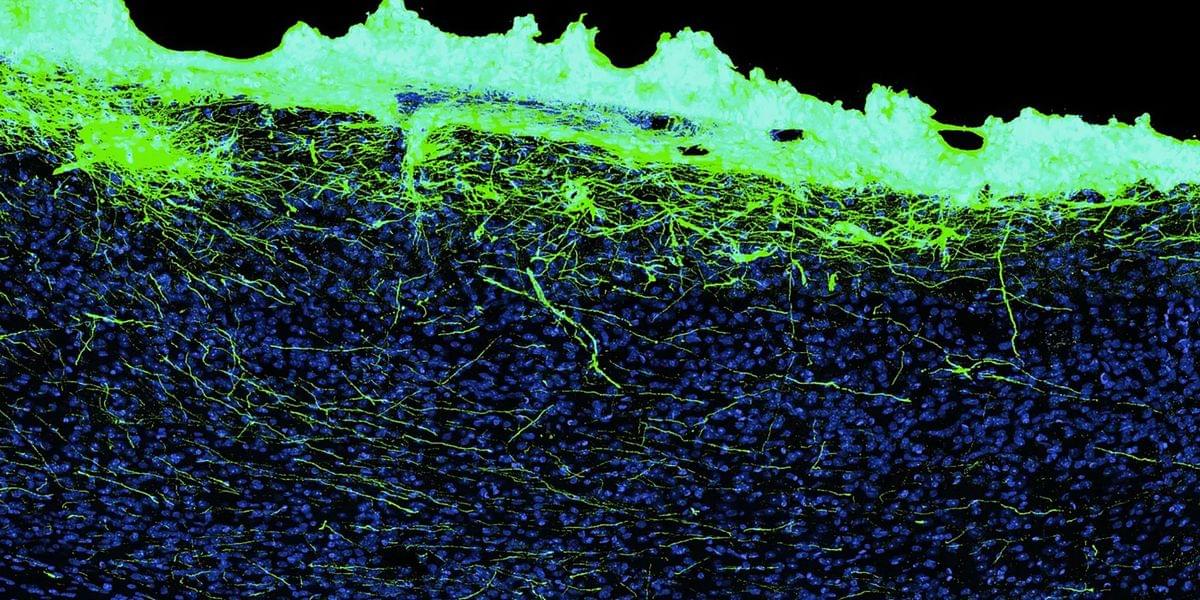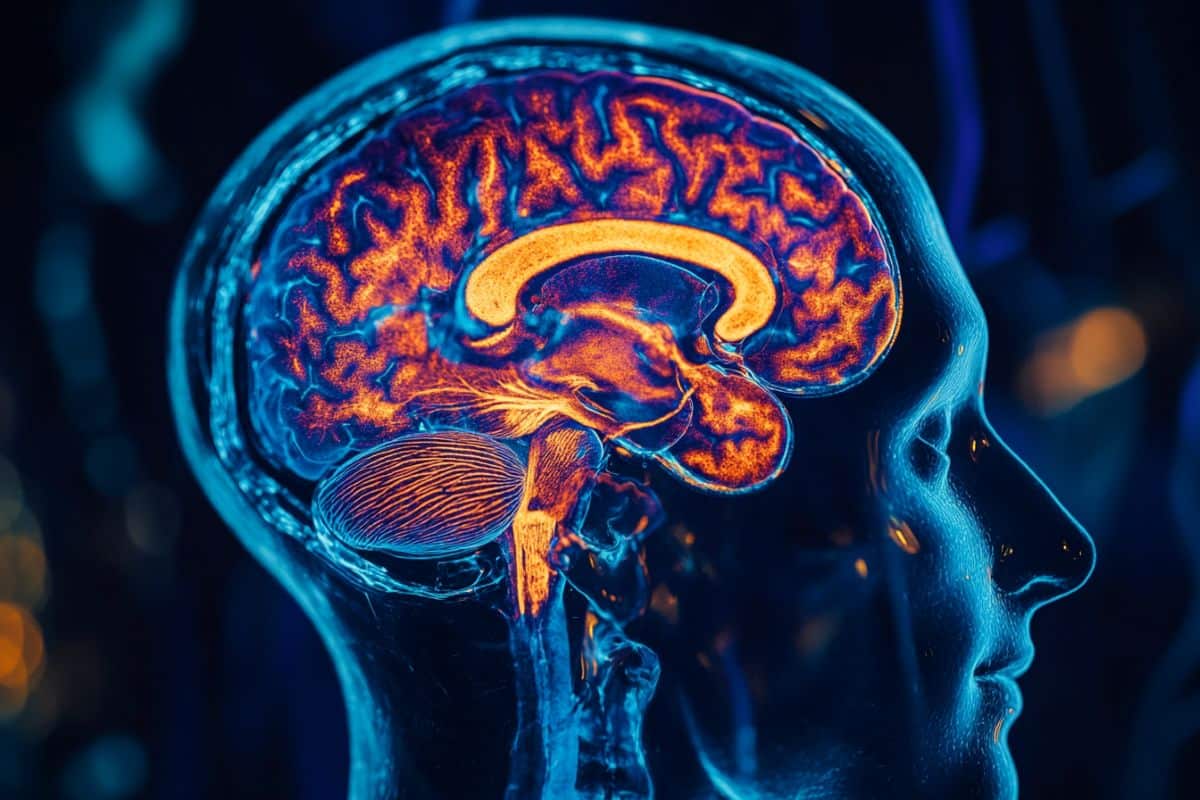Maple syrup urine disease (MSUD) is a rare genetic inborn error of metabolism characterized by recurrent life-threatening neurologic crises and progressive brain injury. The disease is typically caused by biallelic mutations in genes (branched-chain α-ketoacid dehydrogenase E1α (BCKDHA), E1β (BCKDHB), or dihydrolipoamide branched-chain transacylase (DBT)) subunits which interact to form the mitochondrial BCKDH complex that decarboxylates ketoacid derivatives of leucine, isoleucine, and valine. MSUD can be treated by a strictly controlled diet or allogeneic liver transplantation.
Now, new work demonstrates that a gene therapy prevented newborn death, normalized growth, restored coordinated expression of the affected genes, and stabilized biomarkers in a calf as well as in mice.
This work is published in Science Translational Medicine in the paper, “BCKDHA-BCKDHB digenic gene therapy restores metabolic homeostasis in two mouse models and a calf with classic maple syrup urine disease.”







